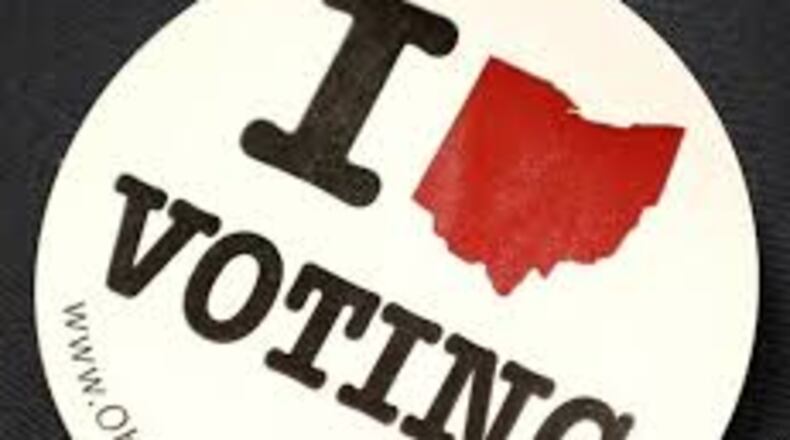RELATED: Jon Husted running for governor
Ohio Attorney General Mike DeWine and Ohio Secretary of State Jon Husted, who both are seeking next year’s Republican gubernatorial nomination, hailed the court’s decision to hear the case.
But Freda Levenson, Lawyers’ Committee for Civil Rights Under Law, predicted the high court will uphold the decision by the Cincinnati panel.
The case likely will be argued next fall. By taking the case, at least four justices signaled they might disagree with last year’s ruling by the three-judge panel in Cincinnati. The justices will have to determine whether Ohio devised a system aimed at circumventing federal law by striking voters -- many of them low-income -- from the rolls simply because they chose not to vote.
According to legal papers drafted by DeWine’s office and filed with the high court, the state devised a process to determine if people no longer voting had changed addresses. For those who had not voted for two years, county election officials would send the person a notice.
“If a voter ignores the notice and then fails to vote or update a registration over the next four years, the board cancels the registration,” DeWine’s office wrote. “All told, this process removes individuals who both fail to respond to a notice and fail to engage in voter activity for six years.”
But in papers filed with the court, the ACLU argued “every eligible voter has the constitutional right not to cast a vote – and the mere exercise of that right should not be the basis for removal from the voter rolls.”
